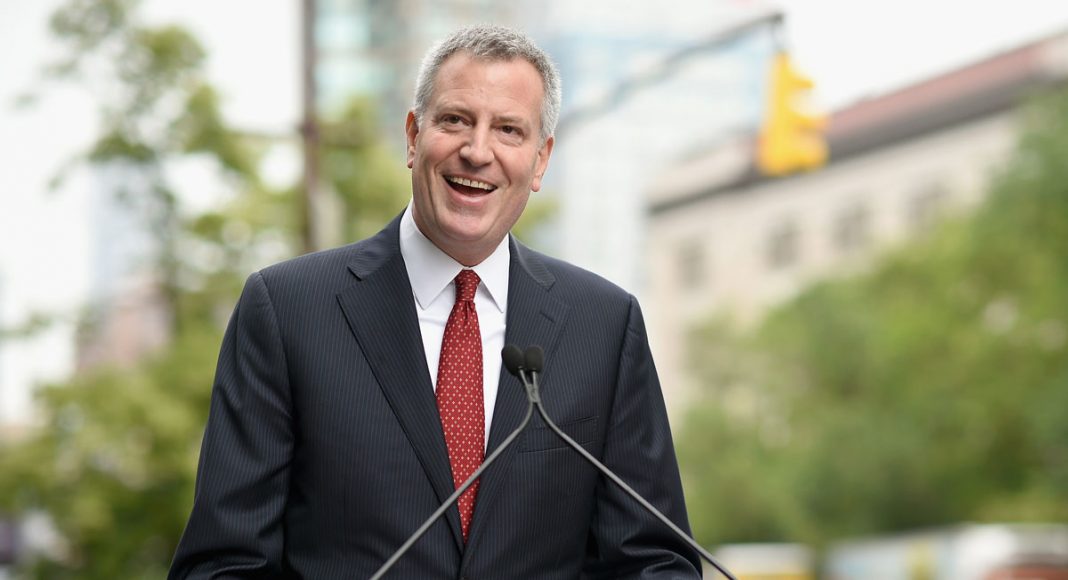Will New York’s onerous stop-and-frisk method of law enforcement be coming to an end? On Tuesday, Mayor Bill de Blasio announced that the New York Police Department will unveil a plan within 30 days to drastically reduce arrests for marijuana possession.
“The N.Y.P.D. will overhaul and reform its policies related to marijuana enforcement in the next 30 days,” Mr. de Blasio said. “We must and we will end unnecessary arrests and end disparity in enforcement.” The mayor was not specific on details of the plan. Also not addressed was how law enforcement officials will handle any new directive from the mayor.
According to a story published on Sunday by the New York Times, black people were arrested on low-level marijuana charges in the city at eight times the rate of white people over the last three years, despite nearly identical usage rates.
Mayor de Blasio was vague as to what specific infractions would no longer warrant an arrest, but eliminating arrests for people with a clean record could reduce the number of arrests by an estimated 35 percent. But it’s not just putting citizens behind bars that de Blasio hopes to reduce. Those arrested on possession charges become a cog in the criminal justice system. And because people of color have been the primary targets in the city for decades, they are also more likely to have been arrested before on marijuana or other minor charges and have a criminal record in the first place.
According to the New York Times:
The Brooklyn district attorney’s office, which in 2014 decided to stop prosecuting many low-level marijuana cases, is considering expanding its policy so that more people currently subject to arrest on marijuana charges, including those who smoke outside without creating a public nuisance, would not be prosecuted, one official familiar with the discussions said.
The Manhattan district attorney’s office, which last year decided to lighten penalties for some marijuana offenders, would decline to prosecute all but several hundred low-level marijuana cases annually under the plan, with some exceptions for people with serious criminal histories, a second official said.


